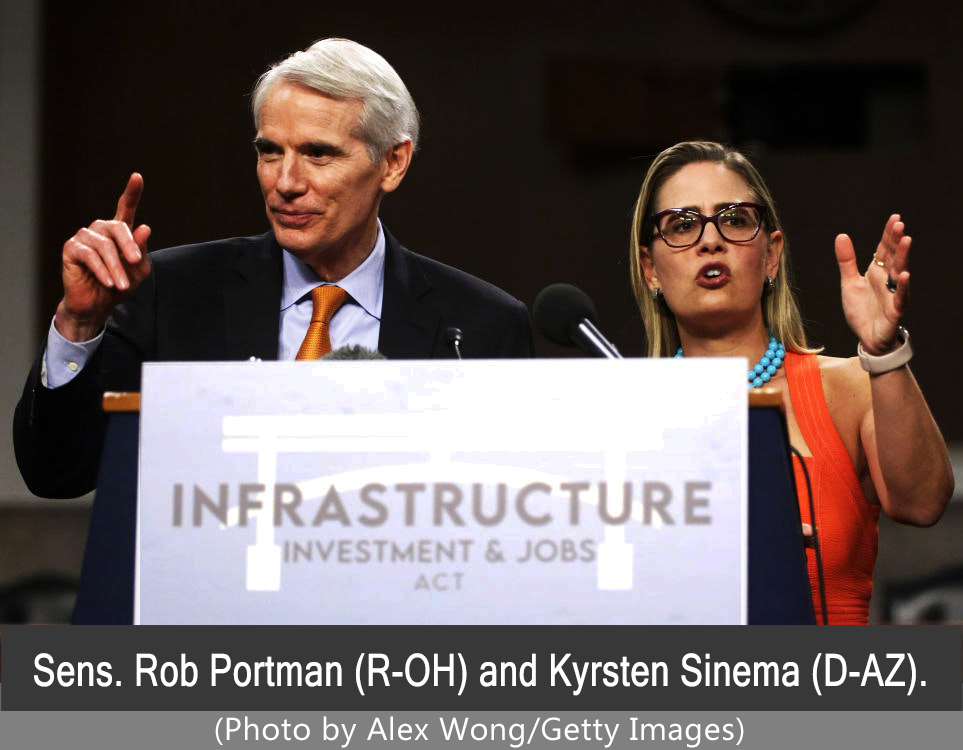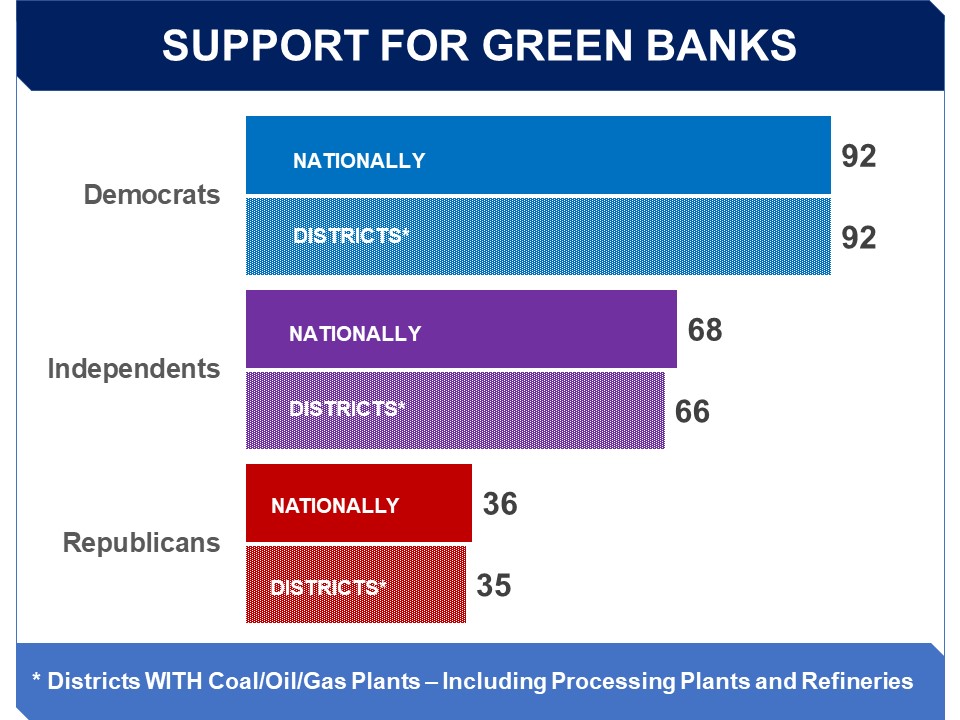| | | Citizens' Jury in Jersey Deliberates on Reforming Assisted Dying Laws |
|
|
| This past Spring, a representative, randomly selected group of the citizens of Jersey (an island in the United Kingdom), were assembled to answer a sensitive question: “Should assisted dying be permitted in Jersey and, if so, under what circumstances?” This was the final stage of a three-year long public consultation on assisted dying, that started with a petition submitted to the government in 2018, followed by surveys of the general public and of doctors, and then a public meeting. This group of about two dozen citizens were brought together by their government, in what’s known as a Citizens’ Jury. They were chosen randomly, and in a way that represents Jersey’s demographics, out of a larger pool of citizens who agreed to participate. Each member was offered an incentive of about four hundred dollars for their time. These citizens participated in ten online meetings, during which they heard expert and personal testimony, and deliberated amongst themselves. The process was “open,” in that the public could watch most of the testimony and discussions and submit questions and concerns. Then, they voted on several recommendations for reforming assisted dying laws, and issued a preliminary report. It stated that 78% of the jury members support legalizing medically-assisted dying and 70% support allowing both those with a terminal illness and those experiencing “unbearable suffering” to use it. These numbers align nearly identically with a recent poll in the UK. Now it is up to the government of Jersey, which is not bound by any contract to implement the citizen jury’s recommendations, to decide whether or not to follow its recommendations |
| |
|
| Voters Supported Green Bank
Nixed from Infrastructure Deal |
|
|
|  Initially, the White House and bipartisan Senators working on infrastructure agreed to include $20 billion to create an infrastructure bank focused on green energy investments. But last week, the bipartisan group of senators nixed the bank from the bipartisan infrastructure bill after Republicans opposed attaching requirements from a 1930 law that requires contractors to pay prevailing wages to workers. Initially, the White House and bipartisan Senators working on infrastructure agreed to include $20 billion to create an infrastructure bank focused on green energy investments. But last week, the bipartisan group of senators nixed the bank from the bipartisan infrastructure bill after Republicans opposed attaching requirements from a 1930 law that requires contractors to pay prevailing wages to workers.
However, in a recent public consultation survey by the Program for Public Consultation (PPC), two-thirds of voters favored legislation calling for the federal government to create a national green bank to invest in and promote private investment in clean energy. While 92% of Democrats and 68% of independents were in support, less than four-in-ten Republicans (36%) favored the idea, though nearly half (47%) said they found the idea at least “tolerable.” Majorities of voters in very Republican (58%) and very Democratic (77%) districts favored a federal green bank.
The proposal respondents evaluated is based on the National Climate Bank Act, which would create a national bank with $35 billion of seed money, to help to create new ones across the US and invest directly in clean energy projects. In early July, the U.S. House passed a bipartisan bill creating a federal green bank, the third time it has been passed by the chamber.
After the announcement of the final bipartisan infrastructure package, Senator Mark Warner said he hopes Democrats’ $3.5 trillion budget reconciliation package will include the green bank proposal. |
|
|
| | Support for a Green Bank in
Energy-Producing Districts |
|
|
|  In district level analysis, the Program for Public Consultation found that a federal green bank had the same level of support in congressional districts with and without coal, oil, and gas producing plants. In district level analysis, the Program for Public Consultation found that a federal green bank had the same level of support in congressional districts with and without coal, oil, and gas producing plants.
Republican support for green banks remained consistent in coal, oil, and gas producing districts as compared to Republicans in general, from 36% nationally to 35% in energy-producing districts. Similarly, support was unchanged among Democrats at 92%, and was not meaningfully different among Independents, from 68% nationally to 66% in energy-producing districts.
There was also no change in support for a federal green bank when the sample was divided to compare only coal producing districts and oil producing districts against the national sample. |
|
|
| | Featured Policymaking Simulation: Carbon Fee & Rebate |
|
|
| Policymaking Simulation: Put yourself in the shoes of policymakers by trying our policymaking simulation on Congressional carbon fee and rebate legislation. In this simulation, we will introduce some proposals for changing the way energy is produced and used to reduce air pollution and reduce the production of greenhouse gases. We want to hear how you would shape environmental legislation in Congress! |
| |
|
| New US Study Finds Widespread Support for Public Consultation
 In a poll that is part of Public Agenda/USA TODAY Hidden Common Ground Project, Public Agenda found that most Americans want ways to participate in democracy beyond voting. Majorities want their local governments to create opportunities for them to deliberate, make decisions, and collaborate with elected officials. Three-quarters of respondents said they would be more likely to get involved in an issue if elected leaders worked with them to address it. Americans say they would be more likely to get involved in public affairs if they could exercise real power and build common ground. For example, 73% of respondents said elected leaders do not respect ordinary people’s opinions, giving the public little influence over how its problems are solved by its government. In a poll that is part of Public Agenda/USA TODAY Hidden Common Ground Project, Public Agenda found that most Americans want ways to participate in democracy beyond voting. Majorities want their local governments to create opportunities for them to deliberate, make decisions, and collaborate with elected officials. Three-quarters of respondents said they would be more likely to get involved in an issue if elected leaders worked with them to address it. Americans say they would be more likely to get involved in public affairs if they could exercise real power and build common ground. For example, 73% of respondents said elected leaders do not respect ordinary people’s opinions, giving the public little influence over how its problems are solved by its government. |
| |
|
| |
|
| | | | | |
|
|